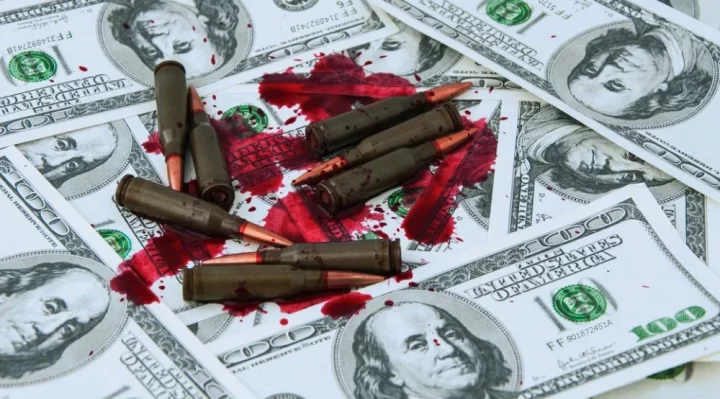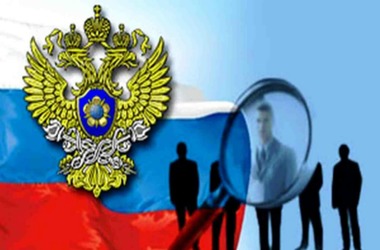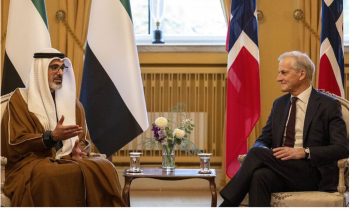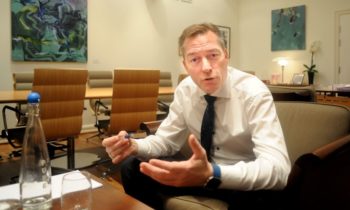Russia’s contribution to the security of both regional and international financial systems is significant. Politicizing and effectively dismantling these systems by limiting Russia’s role in multilateral anti-money laundering efforts carries enormous risks.
Russia has always been and remains committed to strict compliance with its obligations in combating criminal proceeds. For twenty years as a member of the Financial Action Task Force (FATF), we have managed to develop one of the world’s most advanced anti-money laundering regimes. The FATF mutual evaluation proved that in 2019.

Additionally, over recent years, the Russian Financial Intelligence Unit has accumulated unique experiences that it has willingly shared with all interested countries. In order to boost the capacity of law enforcement agencies, a number of educational programs are being actively fulfilled for experts from Central Asia, Latin America, and Africa.
The past year turned out to be unprecedented in terms of the politicization of international institutions combating money laundering and the financing of terrorism (AML/CFT). Blindly following the directive to inflict a “strategic defeat” on Russia in retaliation for our desire to put an end to multi-year flagrant injustice in Ukraine, there is a wish to settle scores with us on different dialogue platforms.
No exceptions are made, even for purely expert and technical bodies designed to promote international cooperation in combating various kinds of financial crimes—the FATF, the Egmont Group, and Interpol. It appears that authors of anti-Russian initiatives, in a bid to “expel” Russia from everywhere, have completely lost touch with reality and forgotten about the dangerous consequences of dismantling the global AML/CFT system.

Despite measures taken by the international community, the threat of terrorism does not subside. It is naive to believe that terrorists and their facilitators have abandoned their plans to carry out attacks against humanity. They skillfully adapt to current realities and adjust emerging technologies to suit their needs.
The issues of transnational crime and the increasing involvement of terrorist organizations with drug trafficking are acute. In this context, it is important to remember that the majority (86 percent) of global illicit opium production takes place in Afghanistan. The potential increase in drug flows from there could destabilize any region of the world.
For this reason, the Russian Federation is putting considerable energy within the FATF-style Eurasian Group on Combating Money Laundering and Financing of Terrorism, featuring countries that border the former Islamic Republic.
Russian authorities traditionally make a significant contribution to the security of both regional and international financial systems. The statistics speak for themselves: at our request, the funds of about two thousand persons involved in terrorism were “frozen” in foreign countries. However, with the introduction of unilateral restrictions against Russia, the global financial security situation began to objectively worsen.
The attention of special governmental structures—initially called upon to fight crime with taxpayers’ money—has been diverted to the search for Russian assets for their subsequent illegal blocking. As a consequence, serious cross-border offenses remain uninvestigated.
What can attempts to limit Russia’s role in the multilateral anti-money laundering efforts result in? The answer is obvious: at the very least, it results in a weakening of the global financial system security. Any restrictions on interaction and exchange of information related to terrorism, drugs, fraud, cybercrime, money laundering, and other serious offenses make it difficult to trace illegal assets. The pursuit of dangerous criminal groups risks practically stopping.
As a result, the benefit of such ill-conceived actions is obtained directly by criminals, including by those who committed economic offenses in the countries that “frozen” useful and mutually beneficial enforcement contacts with Russia. There is no doubt that they will certainly take advantage of the emerging vulnerabilities in their own vested interests.
States that refuse to cooperate with the Russian government agencies on special issues of combating crime are, in fact, “shooting themselves in the foot”—exposing their own citizens and their national security to unreasonable risks.
The credibility of the FATF, well-known for its professionalism and high-quality expertise, is also suffering. It is sad that statements regularly made during its meetings about the need of establishing international cooperation in combating the financing of terrorism without politicization and double standards are nothing more than empty rhetoric. Our former Western partners are clearly not rushing to put these declarations into practice.
It would seem that in the history of Russia’s relations with Western countries, including the United States, there are many examples of successful cooperation in countering terrorism and crime. Our joint efforts saved people’s lives and brought criminals to justice. Facilitated strengthening of mutual financial security. Why destroy what has been built over the years?
By Yury Chikhanchin is the Director of the Federal Financial Monitoring Service of the Russian Federation.
Image: mojahata/Shutterstock.



